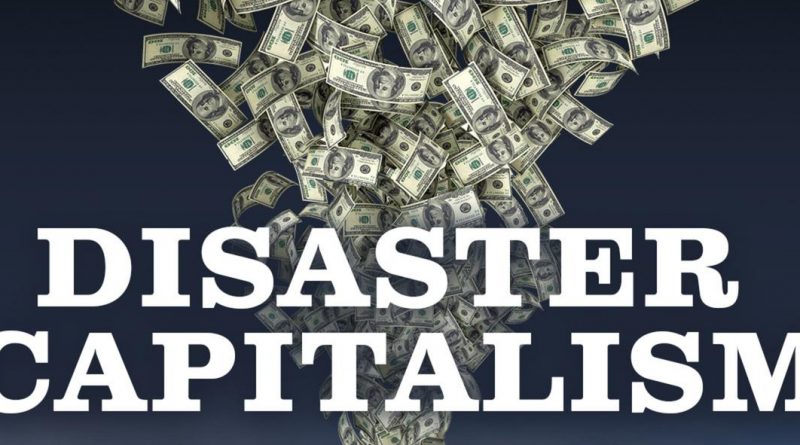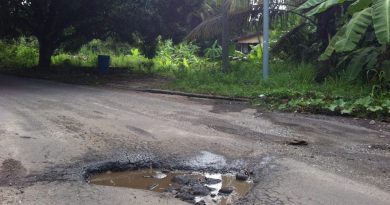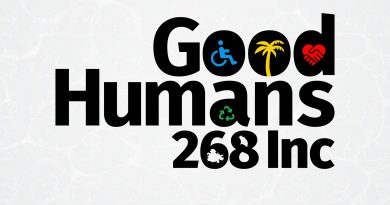Barbuda and similarly affected territories to collaborate in their fight against disaster capitalism
A virtual space has been created through which dialogue and knowledge
exchange can take place, specifically for the benefit of organizations that wish
to challenge disaster-capitalism projects and policies.
This initiative is being supported by the Open Society Foundations, as
Barbudans forge ahead to raise awareness about the environmental issues
impacting their small island.
John Mussington, of the Stronger Caribbean Together Network (SCT) and the
Barbuda Land Rights & Resources Committee, says several regional grassroots
movements came together “to organize and resist the multiple and
interconnected challenges [that] people and ecosystems are exposed to all
across [small island developing states].”
Not only Barbuda, Mussington says, but there are other territories affected by
environmental degradation in the name of development – including San
Andres and Providencia, Grenada, Haiti and beyond.
Their residents live the reality of multi-dimensional vulnerabilities and
intersectional violence, he says.
Meanwhile, he says the environmental condition of his 62-square-mile island
is worsening. This is due to catastrophic climate change, policies that increase
social inequities, and historical injustices that have never been addressed.
Mussington says these conditions are not inevitable or natural; rather, they
are the consequence of actions and inactions by governments, international
partners, and the private sector.
Therefore, the Barbudans, through the assistance of their many partners, are
organizing and mobilizing for their redress.
He explains that the objective of the SCT network is to create a space for
analysis and action against these types of problems.
Climate, food, land and reparatory justice are pillars of the network’s
transformative agenda, and these are rooted in the right to self-determination,
as well as other fundamental rights of local communities and their territories.
According to the Barbudan activist, “This regional and international exchange
of ideas not only unifies the region, but allows locals … to identify political,
economic and historical patterns that are often construed as exceptions and
seldom understood in their systemic nature.”
Mussington says this project is aimed at filling three gaps: the lack of a
regional network and of an opportunity to reflect on the root causes of our
challenges; the lack of an accessible digital space for knowledge and
information sharing; and the limited access to legal advocacy.
The Stronger Caribbean Together Network is composed of regional grassroots
movements, indigenous, feminist, youth, environmental and legal advocacy
NGOs, plus academics and partners from within and outside the region.




